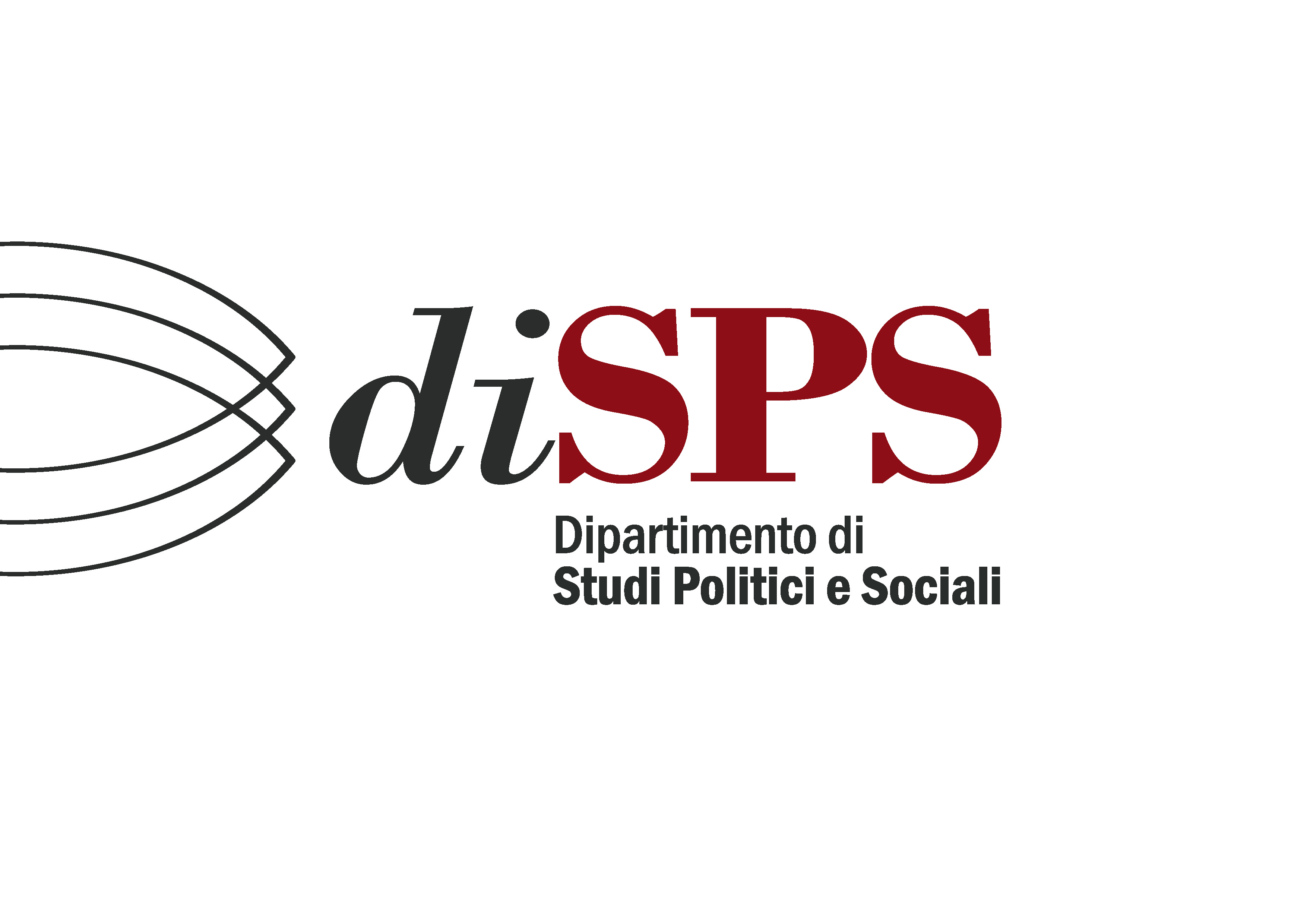Working Papers CSE Anno 2016
Two Paths of Analysing Totalitarianism in Europe. The Crises of Mankind in Kurt Wolff and Gugliemo Ferrero
Donatella Pacelli
Condividi
Abstract
The debate on the totalitarian phenomenon was started by European scholars from diverse intellectual backgrounds who produced analysis and interpretive models in the 1930s and 1940s, often transforming their own personal and historical experience into a laboratory of ideas. This is the route taken by prominent interpretors of sociology of knowledge, like Karl Mannheim and his student Kurt Wolff. In 1930s Italy, Guglielmo Ferrero was among those scholars who warned of the ethical crises affecting society and politics. His intellectual work is focused on understanding the condition of modern man between wars and totalitarian regimes, but also the fears and contradictions that torment human beings in any context where a sense of limit is lost. From this starting point, this paper aims to highlight how Ferrero reflects on the totalitarian crises showing passages that recall Mannheim’s view of social totality and his criticism of a policy that is incapable of being a project of sharing. The paths undertaken by the authors allow us to shine a light on different European perspectives on totalitarianism.
Keywords
Totalitarianism; Europe; Mankind; Ethicity; Democracy; Limit; Sociology of Knowledge.
Full Text: pdf
Doi: 10.14273/unisa-731
References
Amendola G. (1923a), Maggioranza e minoranza, in «Il Mondo», 12 mag-gio.
Amendola G.(1923b), Un anno dopo, in «Il Mondo», 2 novembre.
Amendola G. (1960), La Democrazia italiana contro il fascismo 1922-1924, Milano-Napoli, Ricciardi.
Anonimo (1927), Improntitudine, in «Il Popolo d’Italia», 1 marzo.
Antonini E. (2006), Il progetto totalitario. Politica e religione nella cultura moderna, Milano, Franco Angeli.
Arendt H. (1951), Le origini del totalitarismo, Milano, Ed. di Comunità, 1967.
Aron R. (1944), L’avenir des religions séculières, in «La France Libre», Luglio-agosto.
Bartolini A. (1998), Dal fascismo all’esilio, in L. Cedroni (ed.), Nuovi Studi su Guglielmo Ferrero, Roma, Aracne.
Bauman Z. (1989), Modernity and Holocaust, Oxford, BlackWell.
Bobbio N. (1967), L’idée de légitimité, Paris, PUF.
Corradi C. (1993), Lo sguardo e la conoscenza, Milano, Franco Angeli.
Croce B. (ed. 1925), Manifesto degli Intellettuali antifascisti, in «Il Mondo», 1 maggio.
Elias N. (1988), La Società degli individui, Bologna, Il Mulino.
Ferrero G. (1913), Fra i due mondi, Milano, Treves.
Ferrero G. (1918), La vecchia Europa e la nuova, Milano, Treves.
Ferrero G. (1925), La Democrazia in Italia, Milano, Rassegna Internaziona-le.
Ferrero G. (1933), La psycologie des dictatures, in «La Dépéche», 63, 13 febbraio.
Ferrero G. (1934), La psychose guerrière, in «Le Progrès». 28 marzo.
Ferrero G. (1935a), Totalitarisme, in «La Dépéche», 64, 23 giugno.
Ferrero G. (1935b), La liberté “bourgeoise”, in «La Dépéche», 64, 7 luglio.
Ferrero G. (1940), Les origines du totalitarisme, in «La Dépéche», 70, 11 febbraio.
Ferrero G. (1942), Pouvoir: les génies invisibles de la cite, New York, Bren-tano.
Goetz H. (1986), Guglielmo Ferrero e gli stati totalitari, in Baldi R. (ed.), Guglielmo Ferrero fra società e politica, Genova, ECIG.
Kemple T.M. (2007), Allosociality. Bridges and Doors to Simmel’s Social Theory of the Limit, in «Theory, Culture & Society», Annual Review, 24 (7/8).
Izzo A. (1980), Il condizionamento sociale del pensiero, Torino, Loescher.
Izzo A. (1988), K. Mannheim. Un’introduzione, Roma, Armando.
Levine D.N. (ed. 1971), On Individuality and Social Forms, Chicago, Uni-versity of Chicago Press.
Lombroso G. (1946), Introduzione, in Ferrero L., Diario di privilegiato sot-to il fascismo, Torino, Chiantore.
Mannheim K. (1936), Ideology and Utopia, London, Routledge.
Mannheim K. (1938), Planned Society and the Problem of Personality: A sociological Analysis, in «Soc. Soc. Phsyc», pp. 253-310.
Mannheim K. (1940), Man and Society in an Age of Recostruction. Studies in Modern Social Structure, London, Routledge & Kegan Paul.
Mannheim K (1943), Diagnosi del nostro tempo, Milano, Edizioni di Co-munità, 1951.
Mannheim K. (1952), On the Nature of Economic Ambition and its Signifi-cance for the Social Education of Man, in P. Kecskemeti (ed.), Essays on the Sociology of Knowledge, Routledge & Kegan Paul, London, pp. 230-275.
Mannheim K. (1965), Freedom, Power and Democratic Planning, London, Routledge.
Mongardini C. (1980), Gaetano Mosca – Guglielmo Ferrero. Carteggio (1896-1934), Milano, Giuffré.
Ortega y Gasset J. (1930), La ribellione delle masse. Bologna, Il Mulino, 1962.
Pacelli D. (1989), Una critica alla modernità: qualità, limiti e legittimità nell’opera di Guglielmo Ferrero, Roma, Euroma.
Pacelli D. (2010), Dalla limitazione sociale alla consapevolezza del limite, in Cotesta V. (ed.), Simmel e la cultura moderna, Perugia, Morlacchi.
Pacelli D. (2013), Il senso del limite. Per un nuovo approccio di sociologia critica, Roma, Carocci.
Peck J. (ed. 1989), The German-Jewish legacy in America 1933-38. From Billdung to the Bill of Rights, Detroit, Wayne State, University Press.
Popitz H. (1990), Fenomenologia del potere, Bologna, Il Mulino.
Raditsa B. (1939), Colloqui con Guglielmo Ferrero, Lugano, Capolago.
Salvemini G. (1935), Pour la liberté de l’esprit, in «Les Humbles», 7.
Simmel G. (1908), Sociologia, Milano, Edizioni di Comunità, 1989.
Simmel G. (1976), Il conflitto della cultura moderna, Roma, Bulzoni.
Simmel G. (1971), The Transcendent Character of Life, in Levine D.N. (ed.), On Individuality and Social Forms, Chicago, University of Chica-go Press.
Tönnies F. (1887), Comunità e società, Milano, Edizioni di Comunità, 1979.
Sorgi G. (1983), Potere tra paura e legittimità, Milano, Giuffrè.
Wolff K.H. (1935), La sociologia del sapere. Ricerca di una definizione, Università di Firenze.
Wolff K.H. (1971), From Karl Mannheim, New York, Oxford University Press.
Wolff K. H. (1974), Trying Sociology, New York, Wiley.
Wolff K.H. (1976), Surrender and Catch. Experience and Inquire Today, Dordrecht-Boston, Reidel.
Wolff K.H. (1983), Beyond the Sociology of Knowledge. An Introduction and Development, Lanham, MD, University Press of America.
Wolff K.H. (1989), Dal nulla alla Sociologia, in «La Critica Sociologica», 88.
Wolff K.H. (1991), Survival and Sociology, Vindicating the Human Subject, New Brunswick and London, Transcaction.
Wolff K.H. (1994), Sociologia e Significato, in «La Critica Sociologica», 109.
Zaner R.M. (1981), The Disciplining of Reason’s Cunning: Kurt Wolff’s “Surrender and Catch”, in «Human Studies», 4 (4).


